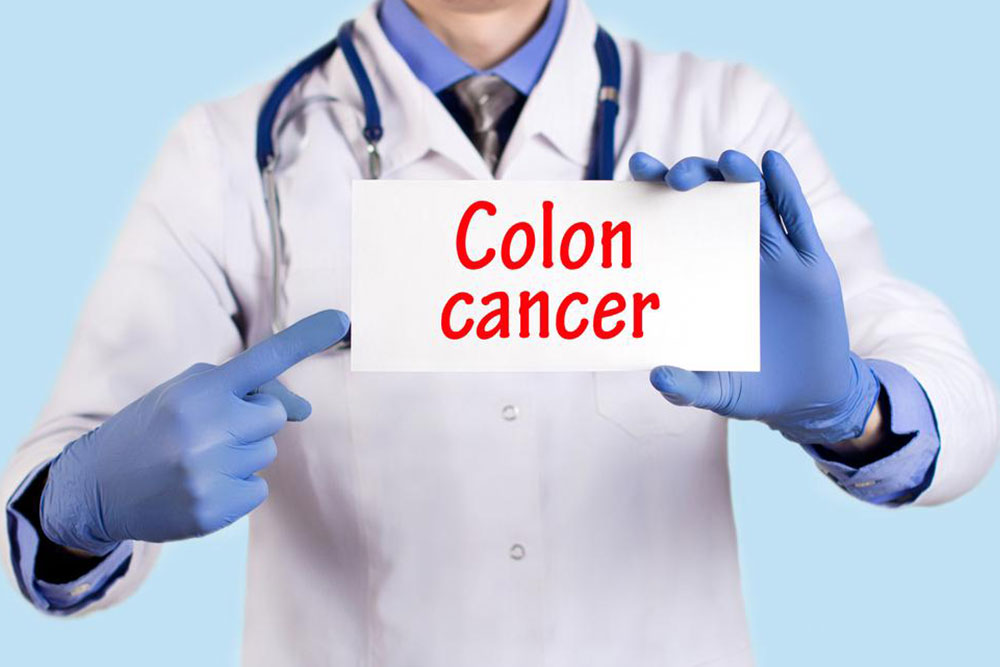Early Detection and Warning Symptoms of Colorectal Cancer You Need to Know
Colorectal cancer often begins with subtle symptoms that can be easily overlooked. Recognizing early signs such as changes in bowel habits, blood in stool, and persistent abdominal discomfort is crucial for early diagnosis. This comprehensive guide highlights risk factors, early warning symptoms, and preventive strategies. Regular screenings and lifestyle modifications can significantly improve outcomes and save lives. Stay informed about colorectal health and take proactive steps to monitor and maintain your digestive well-being for a healthier future.

Early Detection and Warning Symptoms of Colorectal Cancer You Need to Know
Colorectal cancer stands as one of the most common and deadly gastrointestinal cancers worldwide. Often developing slowly over several years, its initial signs can be subtle and easily overlooked by individuals. Recognizing these early symptoms, understanding risk factors, and seeking prompt medical evaluation are vital steps toward successful treatment and improved prognosis.
This article explores the key risk factors associated with colorectal cancer, the primary early warning signs to watch for, and effective strategies for prevention and early detection. Regular screenings and lifestyle modifications are crucial in reducing the risk and catching the disease early when treatment options are most effective.
Understanding the background of colorectal cancer, including its causes and progression, enables individuals to take proactive steps. While the exact origin of the disease remains somewhat elusive, research indicates that genetic mutations, lifestyle factors, and environmental influences all play roles in its development.
The transformation of healthy colon cells into cancerous ones involves complex DNA dysfunctions, leading to abnormal growth patterns. This uncontrolled cell proliferation can eventually form tumors that invade surrounding tissues or spread to other parts of the body, complicating treatment and reducing survival chances.
Early detection relies heavily on recognizing the signs and symptoms, which often mimic other benign gastrointestinal conditions. Being aware of these symptoms can lead to faster diagnosis, more effective treatment, and ultimately increased survival rates.
Persistent changes in bowel habits, such as ongoing diarrhea or constipation, or noticeable alterations in stool consistency that don’t resolve on their own.
Blood in stool, either visible or detected during screening, which can be an early indication of underlying colon issues.
Chronic abdominal pain, cramps, or discomfort that persists over time, hinting at potential digestive problems needing medical attention.
Unexplained fatigue, weakness, or unintended weight loss that occurs without changes in diet or physical activity, suggesting systemic health concerns.
Many early symptoms of colorectal cancer are subtle and can be mistaken for common gastrointestinal issues such as hemorrhoids or irritable bowel syndrome. Therefore, timely consultation with healthcare professionals is essential for accurate diagnosis and early intervention.
While some cases can be managed with medications or minimally invasive procedures, prevention remains the best approach. Lifestyle changes like improving diet, increasing physical activity, avoiding tobacco and excessive alcohol, and regular screening significantly reduce risk and enhance early detection efforts.





